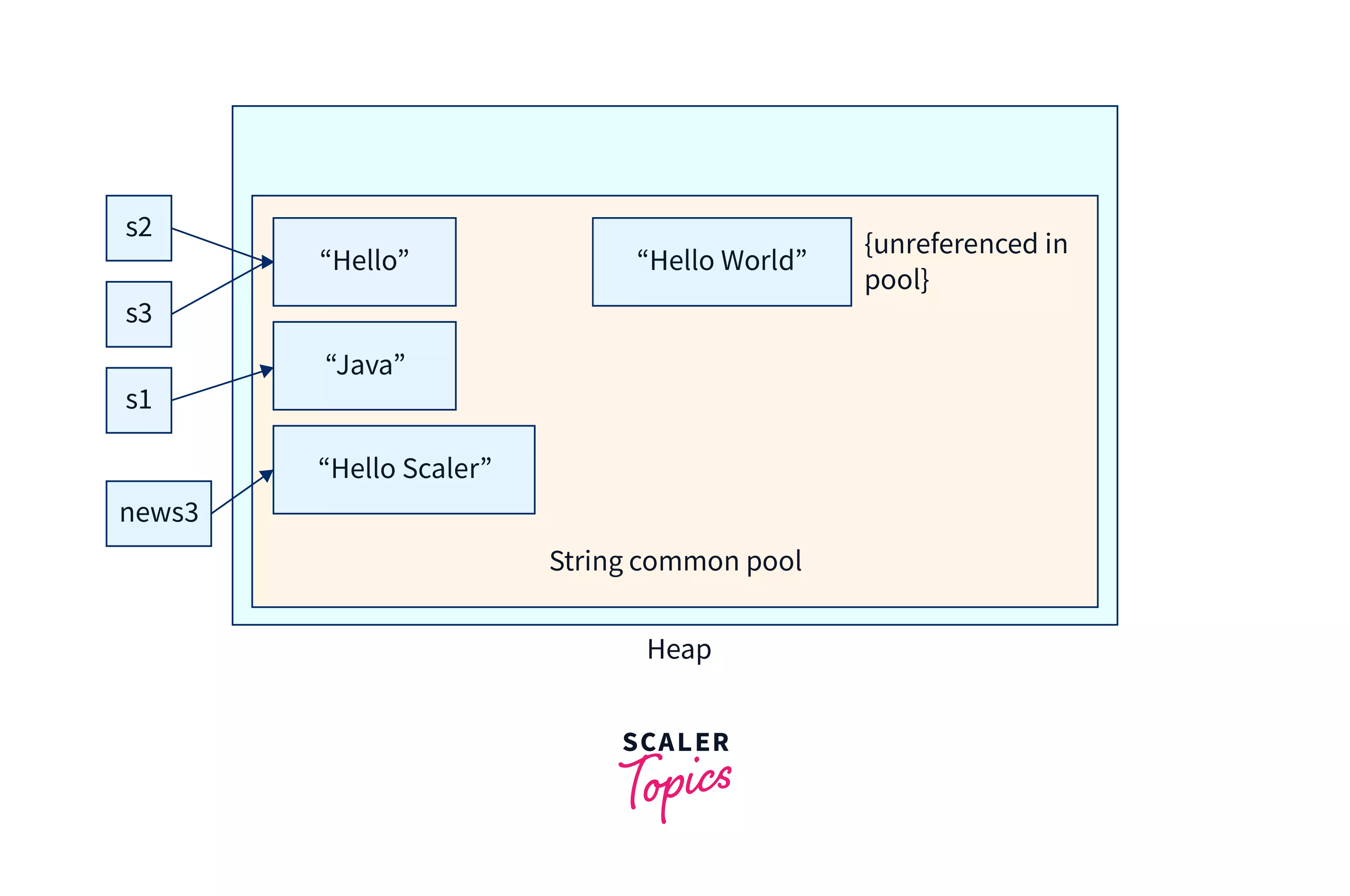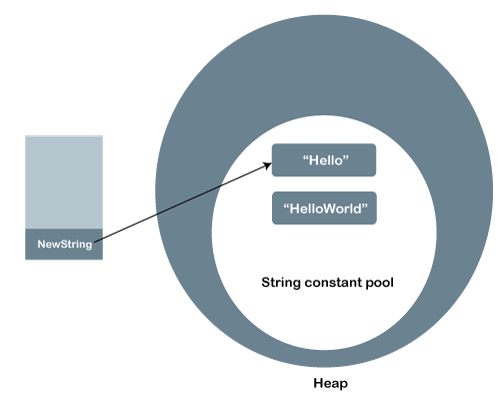Why Are Strings Immutable in Java? Security and Performance Perks
Why Are Strings Immutable in Java? Security and Performance Perks
Blog Article
Unalterable Strings: A Secret Component in Ensuring Information Consistency and Integrity
In the world of data monitoring, the importance of immutable strings can not be overstated. These imperishable series of personalities play a crucial role in upholding the stability and accuracy of details within systems. By preserving a state of immutability, data consistency is ensured, fostering a foundation of dependability upon which essential procedures rely. The principle of unalterable strings transcends plain formality; it is a cornerstone in the complicated web of information governance. As we discover the advantages, implementation approaches, and practical applications of unalterable strings, a clearer photo emerges of their indispensable nature in safeguarding the electronic landscape.
The Idea of Immutable Strings
Unalterable strings, an essential principle in programs, refer to strings that can not be customized once they are developed. Fundamentally, once a string value is designated, any operation that shows up to modify the string really creates a new string. This immutability guarantees data uniformity and integrity in applications, as it stops unanticipated modifications to the original data.
Advantages in Information Uniformity

Information uniformity is vital in numerous aspects of software advancement, consisting of data source management, multi-threaded environments, and dispersed systems (Why are strings immutable in Java?). Immutable strings contribute considerably to attaining this consistency by avoiding data corruption because of concurrent access. In scenarios where multiple processes or strings interact with the same data simultaneously, immutable strings work as a protect versus race problems and synchronization concerns
Additionally, the immutability of strings streamlines debugging and screening processes. With immutable strings, developers can trust that as soon as a string is set, it will certainly continue to be the same, making it easier to map the resource of errors and making certain that test cases generate consistent results. This integrity in data taking care of inevitably leads to much more durable and secure applications.

Applying Unalterable Strings
Ensuring the immutability of strings requires a thoughtful strategy to their execution in software program growth. One essential approach is to develop string courses in a manner that prevents adjustments when a string object is developed. By making strings immutable, developers can boost information uniformity and integrity in their applications.
To carry out unalterable strings properly, programmers need to prefer producing brand-new string items instead of changing existing ones. This method makes certain that when a string is designated a value, it can not be altered. Additionally, any operation that appears to change the string needs to produce a new string with the desired changes instead of altering the original.
Additionally, making use of immutable strings can simplify concurrency management in multi-threaded environments. Considering that unalterable strings can not be altered after development, they can be safely shared amongst multiple strings without the risk of data corruption.
Duty in Dependability Assurance
In software application development, the application of unalterable strings plays an essential duty in making sure the dependability of information operations. Unalterable strings, once created, can not be modified, ensuring that the information they stand for remains constant throughout the application's implementation. This immutability building supplies a level of guarantee that the data being processed will not be inadvertently changed, bring about unanticipated outcomes or mistakes in the system.
By including unalterable strings into software program design, programmers can improve the dependability of their applications by decreasing the risks her comment is here connected with mutable data - Why are strings immutable in Java?. Unalterable strings aid in preventing information corruption or unplanned adjustments, which can be specifically crucial when dealing with delicate information or when data honesty is vital
Moreover, the usage of unalterable strings simplifies concurrent processing, as several threads can securely access and share string data without the risk of one thread changing the web content while one more reads it. This element adds dramatically to the total dependability of the software application system, ensuring predictable and regular actions in data handling procedures.
Applications and System Assimilation
The smooth integration of unalterable strings into various applications and systems is critical for ensuring durable information consistency and dependability throughout diverse technological environments - Why are strings immutable in Java?. Unalterable strings play a vital duty in boosting the honesty of information exchanges and interactions within facility software program ecosystems. By integrating unalterable strings into applications, developers can alleviate the risks related to information meddling, unapproved adjustments, and unintentional alterations, consequently fortifying the overall safety and security pose of the system
In the context of system assimilation, immutable strings act as a fundamental component for establishing safe communication channels and promoting seamless data transfers between various elements. Their immutable nature guarantees that information transferred between systems continues to be unmodified and verifiable, decreasing the likelihood of inconsistencies or mistakes that might compromise the honesty of the whole system. Furthermore, unalterable strings can enhance interoperability in between diverse systems by supplying a standard style for information representation, allowing more reliable data handling and exchange procedures across interconnected platforms. By taking on immutable strings in applications and system integration processes, companies can strengthen find here their information facilities and support the integrity and uniformity of their details assets.
Conclusion
In final thought, unalterable strings play an important duty in keeping data consistency and integrity in various applications and system integrations. By making certain that strings can not be transformed when developed, the integrity of data is preserved, reducing the risk of incongruities and mistakes. Applying immutable strings can considerably boost the reliability of systems, inevitably bring about more trustworthy and precise information processing.

Report this page